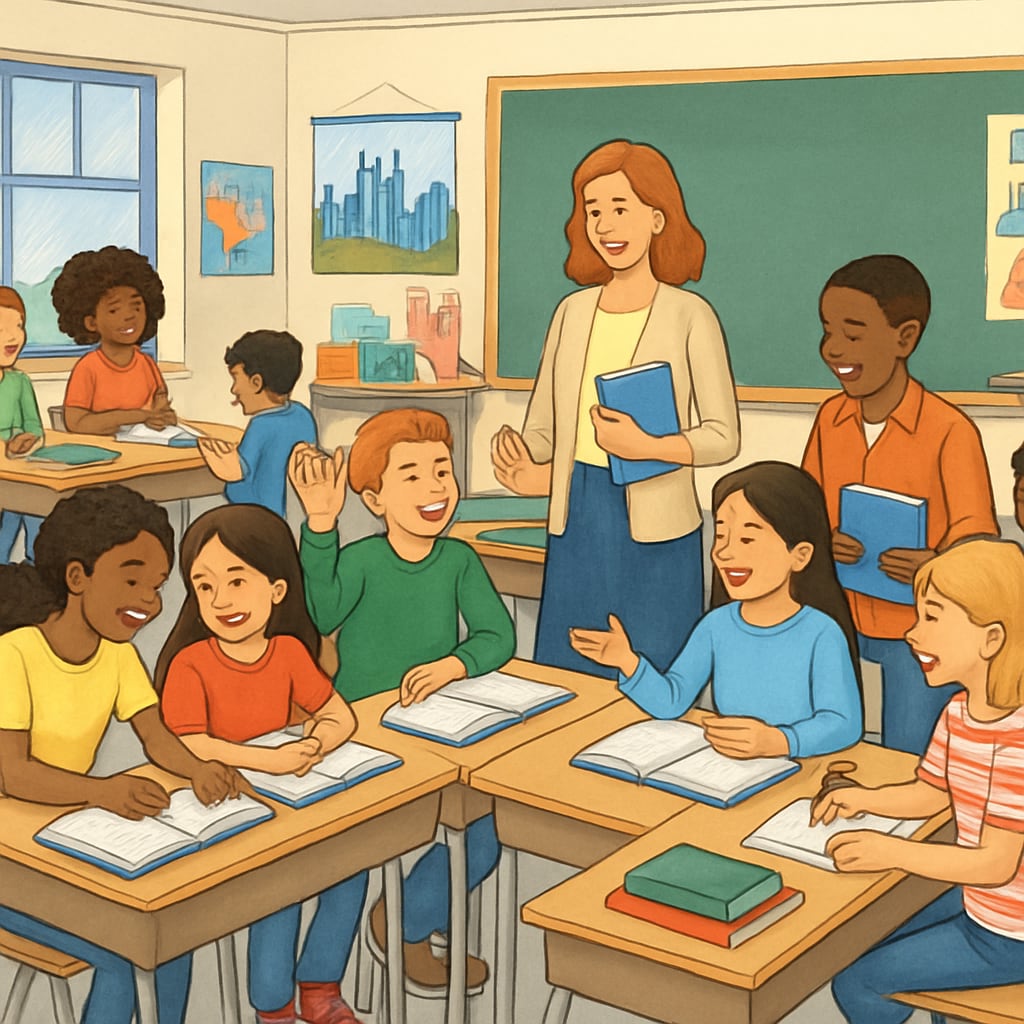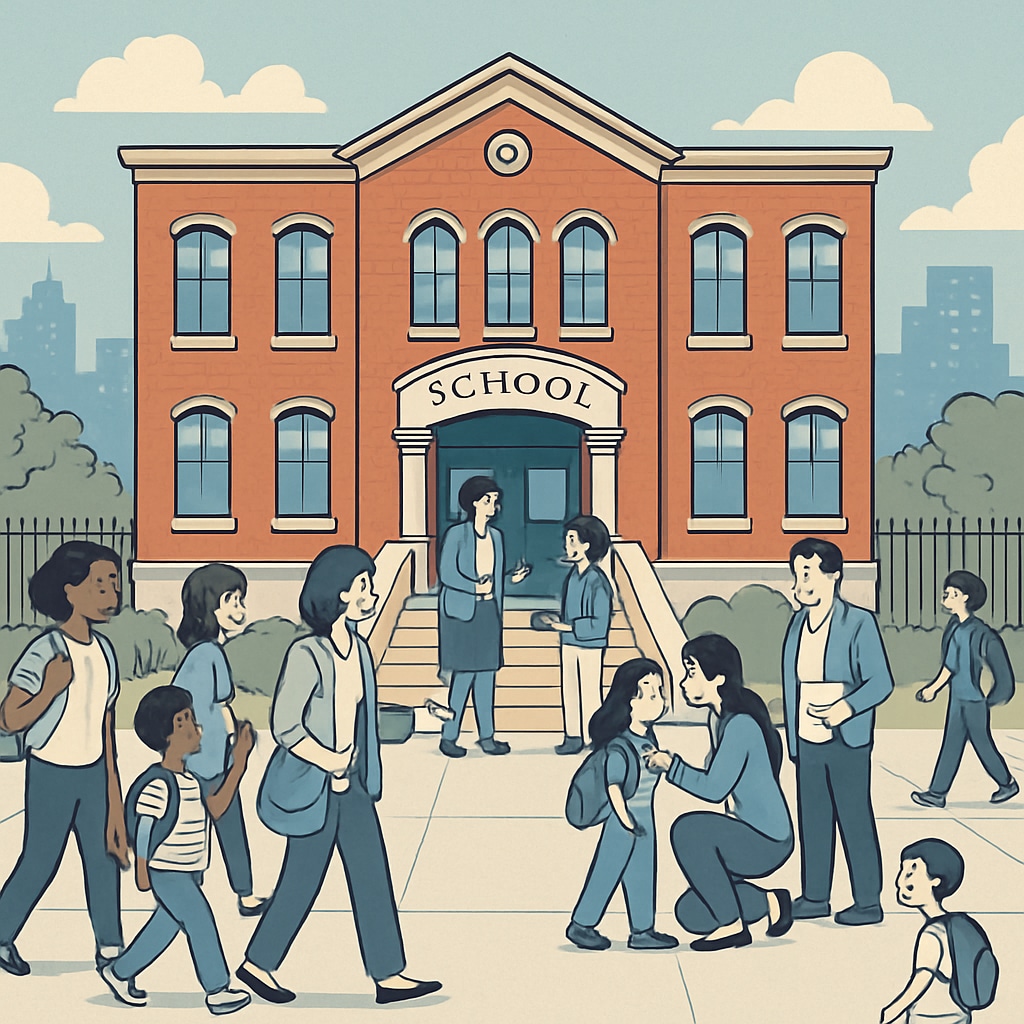The intersection of politics and education has always been profound, particularly in cities as complex and diverse as New York City. Recent discussions around the NYC mayoral election shed light on potential shifts in the city’s K12 education system, with insights from former NYC Schools Chancellor Joel Klein offering a compelling perspective. As the nation’s largest school district, NYC schools serve over 1.1 million students, making its governance a critical issue for the city’s future.

Understanding Joel Klein’s Perspective on NYC Education
Joel Klein, who served as NYC Schools Chancellor from 2002 to 2010, made significant strides in reforming the education system under Mayor Michael Bloomberg. His tenure introduced innovative approaches, such as charter schools and accountability frameworks, that aimed to improve student outcomes. Klein’s insights underscore how mayoral leadership directly impacts education policies. For example, his advocacy for empowering school leaders and measuring performance through data-driven methods remains a cornerstone for modern education reform debates.
As the mayoral election looms, candidates are expected to articulate their vision for the future of NYC schools. Whether they lean toward expanding charter schools, boosting teacher training, or increasing funding for underperforming schools, the election outcome will undoubtedly influence the trajectory of these initiatives.
The Role of Political Leadership in Shaping NYC Schools
Political leadership often dictates the priorities and funding allocations for public education. In NYC, the mayor has substantial control over the Department of Education, making this election pivotal for K12 students and educators. Historically, reforms under different administrations have varied widely—from Klein’s data-driven accountability measures to Bill de Blasio’s focus on universal pre-K.
However, challenges persist. NYC schools face issues such as overcrowding, achievement gaps, and disparities in funding between districts. Addressing these requires not only a strong mayoral vision but also collaboration with educators, parents, and community stakeholders. For example, many advocates argue for increased investment in mental health resources and technology integration to narrow the digital divide.

How the Upcoming Election Could Reshape NYC’s K12 System
With the mayoral election approaching, candidates’ education policies are under scrutiny. Some propose expanding vocational training programs to better prepare students for the workforce, while others emphasize reducing class sizes to improve individualized attention. The debate also includes the role of charter schools, a hot-button issue that has polarized opinions among educators and policymakers.
Key questions remain: Will the next mayor prioritize reducing bureaucracy to give schools more autonomy? How will they address systemic inequalities that disproportionately affect minority and low-income students? And most importantly, can they balance the need for innovation with the practical challenges of operating the largest school district in America?
As the city stands at this crossroads, the decisions made during this election will ripple through NYC schools for years to come. Leadership is not just about maintaining the status quo—it’s about envisioning and executing meaningful changes that benefit all students.
Readability guidance: This article uses concise paragraphs and clear headers to enhance readability. The content balances statistics with narrative elements, aiming to provide an accessible yet detailed analysis of the topic.


